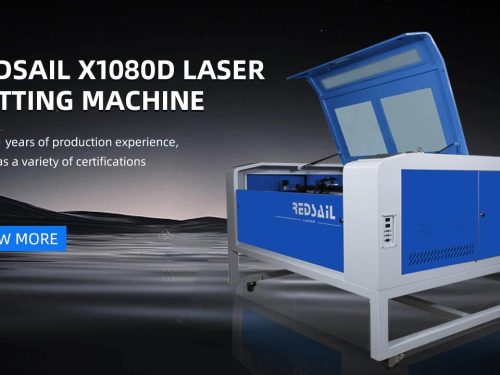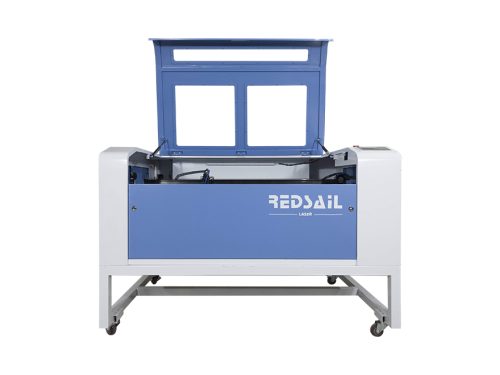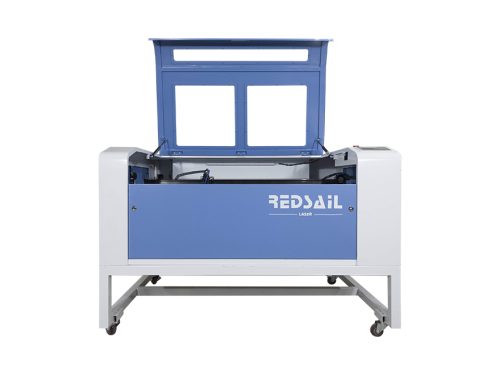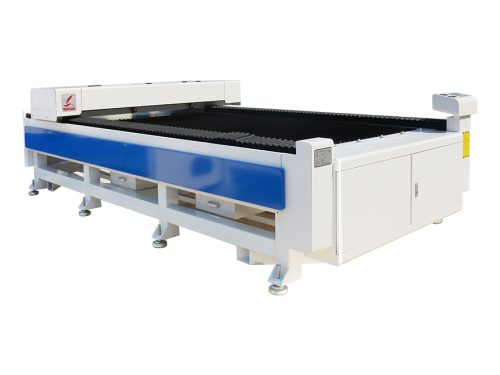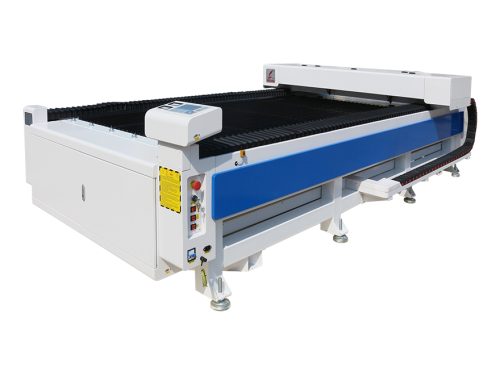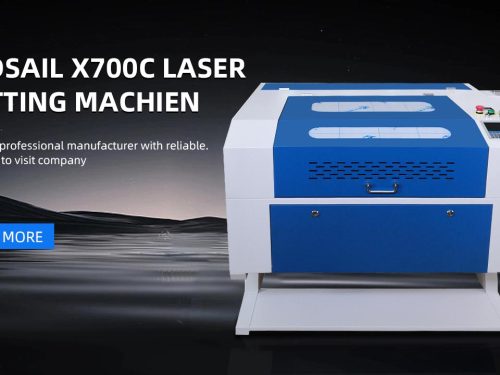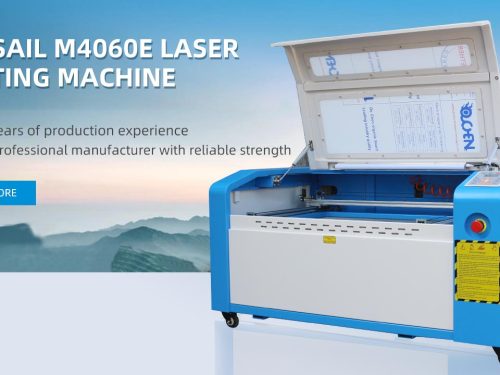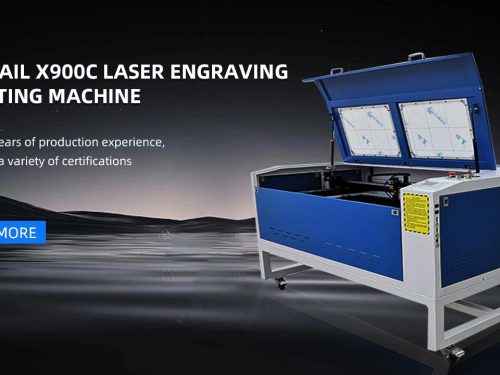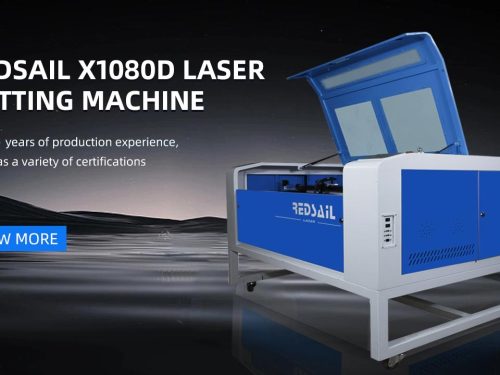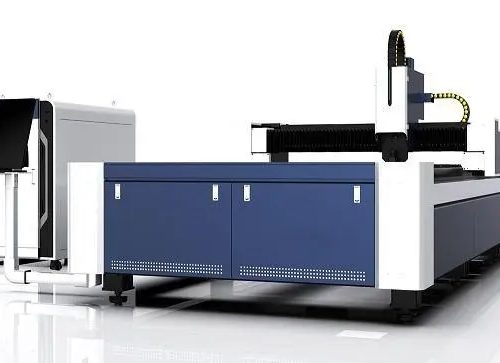
As we all know, auxiliary gas must be added in the process of laser cutting machine processing, and the selection of auxiliary gas for enterprises is also a subject of great learning. Today, we will teach you how to select auxiliary gas for laser cutting machine. The laser cutting machine will focus the laser emitted from the laser into a high power density laser beam through the optical path system. The laser beam shines on the surface of the workpiece to make the workpiece reach the melting point or boiling point, while the high-pressure gas coaxial with the beam will blow away the molten or vaporized metal. The laser cutting machine replaces the traditional mechanical knife with an invisible beam, which has the characteristics of high precision, fast cutting, not limited to the cutting pattern limitation, automatic typesetting, material saving, smooth incision, low processing cost, etc., and will gradually improve or replace the traditional metal cutting process equipment. With the movement of the relative position of the beam and the workpiece, the laser cutting machine will eventually make the material form a slit, so as to achieve the purpose of cutting.
The reason of adding auxiliary gas in laser cutting
Before figuring out how the enterprise chooses the auxiliary gas passing through the laser cutting machine, first of all, we should understand why we use the computer assisted gas environment and the role of other auxiliary gases. After years of experience analysis and summary, the use of auxiliary gas can not only blow away the slag in the coaxial slit, but also improve the cooling technology to process an object surface, reduce the heat affected zone, cool the focus lens, and prevent smoke and dust from entering the lens base to pollute the lens and cause overheating of the lens. The selection of gas pressure and type has a great impact on the development of cutting process. The selection of some auxiliary gas types will have a certain impact on the cutting performance, including cutting speed, cutting thickness, etc.
How to select auxiliary gas laser cutting machine
The auxiliary gases that can be used by the laser cutting machine mainly include oxygen, nitrogen, air quality and argon. The following are the different auxiliary gases that we need to introduce and analyze their uses and characteristics for reference.
1. Oxygen
Laser cutting machine is mainly used for cutting steel. The heat that reacts with oxygen improves the cutting efficiency, but the large format will generate an oxide film that will improve the spectral reflectance of the light beam of the absorbent material. Cut end black or dark yellow.
It is mainly applicable to rolled steel for processing, rolled steel for welding structure, carbon steel for mechanical design structure, high tension plate, tool plate, stainless steel, electroplating, steel plate, copper, copper alloy, etc.
2. Nitrogen
Some metals use oxygen to form oxide film on the cutting surface when cutting, while nitrogen can prevent the oxide film from appearing when there is no oxidation cutting. The non oxidizing cutting surface is characterized by welding, coating, corrosion resistance, etc. The cutting surface is white
The main plates are stainless steel, galvanized steel, brass, aluminum, aluminum alloy, etc.
3. Air
Air can be directly managed and provided by air compressor, so our price is very cheap compared with other gases. Although the air in our country contains about 20% oxygen, the cutting efficiency is far less than oxygen, and the cutting technology is similar to nitrogen. Some trace oxide film will appear on the cutting surface, but it can be used as an important measure to prevent the coating layer from falling off. The end face of the incision is yellow.
The main applicable materials are aluminum, aluminum alloy, stainless copper, brass, electroplating, steel plate, non-metallic elements, etc.
4. Argon
Argon is an inert gas used to prevent oxidation and nitridation of laser cutting machines. It is also used in welding, compared with other processing gases, rice prices, and the corresponding increase in costs. White cut end.
The main applicable materials are titanium, titanium alloys, etc.

